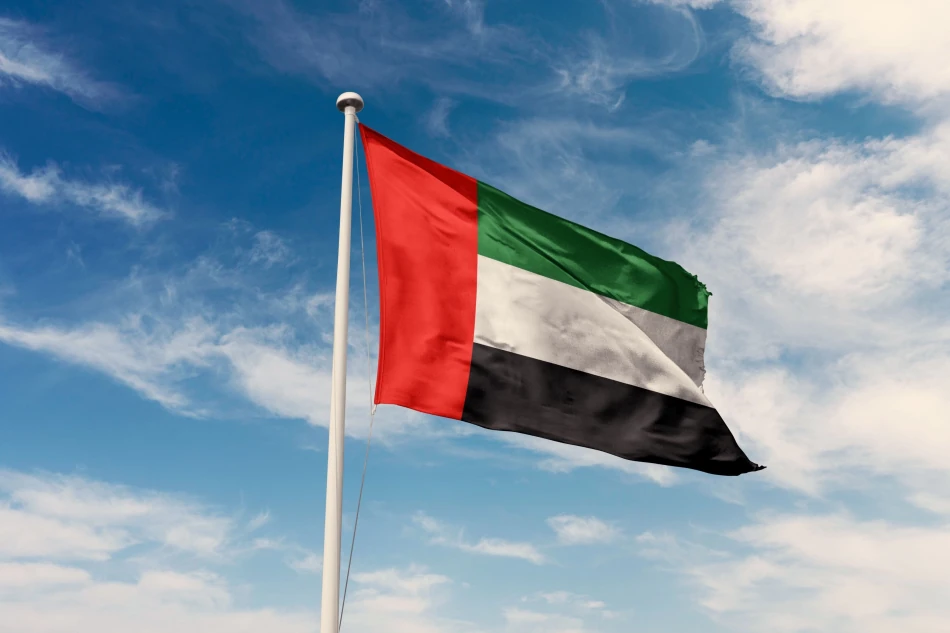
UAE Condemns and Strongly Denounces Storming of Al-Aqsa Mosque, Warns Against Escalation
UAE Condemns Israeli Minister's Al-Aqsa Incursion as Regional Tensions Escalate
The United Arab Emirates has issued a sharp condemnation of Israeli National Security Minister Itamar Ben-Gvir's entry into the Al-Aqsa Mosque compound alongside settlers under police protection, marking a significant diplomatic strain between the Abraham Accords partners. The UAE's forceful response signals growing concern that extremist actions by Israeli officials could undermine regional stability and the fragile normalization process.
Diplomatic Fallout from Provocative Actions
The UAE's Foreign Ministry characterized Ben-Gvir's visit as a "provocative escalation" and "extremist act," demanding that the Israeli government take responsibility and hold involved officials accountable. This represents one of the strongest rebukes from Abu Dhabi since the two nations normalized relations in 2020 under the Abraham Accords.
The timing of this condemnation is particularly significant, as it comes from a country that has invested considerable political capital in building ties with Israel despite widespread regional opposition to normalization.
Systematic Campaign Concerns
UAE officials went beyond condemning the single incident, describing it as part of a "systematic extremist campaign" that threatens not only Palestinians but broader social peace in the region. This framing suggests Emirati leadership views recent provocations as part of a coordinated effort rather than isolated incidents.
The statement emphasized that such repeated violations, accompanied by incitement to hatred and violence, contribute to escalating regional tensions at a time when Middle Eastern stability remains fragile.
Regional Implications and Historical Context
The UAE's intervention highlights the delicate balance Gulf states must maintain between their strategic partnerships with Israel and their traditional solidarity with Palestinian causes. Similar tensions have emerged in other Abraham Accords signatories, including Bahrain and Morocco, when Israeli actions at holy sites generate public outrage.
Jordan's Role Under Scrutiny
The Emirati statement notably emphasized respect for Jordan's historical custodianship over Islamic holy sites in Jerusalem, including Al-Aqsa Mosque. This reference to Jordan's role appears designed to reinforce existing legal frameworks while indirectly challenging any Israeli attempts to alter the status quo unilaterally.
Strategic Calculations Behind the Condemnation
From a geopolitical perspective, the UAE's strong response serves multiple purposes. It demonstrates to domestic and regional audiences that normalization with Israel does not mean abandoning Palestinian concerns, while simultaneously pressuring Israeli leadership to rein in extremist elements within the government.
This approach mirrors strategies employed by other regional powers seeking to balance pragmatic cooperation with Israel against popular sentiment and traditional alliances. The UAE appears to be using its normalized relationship as leverage to influence Israeli policy rather than remaining silent on controversial actions.
Testing the Abraham Accords Framework
Ben-Gvir's actions and the subsequent UAE response represent a critical test of the Abraham Accords' resilience. The normalization agreements were predicated on the assumption that economic and security cooperation could proceed alongside efforts to resolve the Israeli-Palestinian conflict through negotiation.
However, provocative actions by senior Israeli officials threaten to undermine this framework by forcing Arab partners to choose between their new strategic relationships and their historical positions on Palestinian rights and Islamic holy sites.
Most Viewed News

 Sara Khaled
Sara Khaled






